What Is Ppc Advertising In Digital Marketing?
Picture this: you’re browsing the internet, checking out your favorite websites. Suddenly, an intriguing ad pops up, perfectly targeting your interests. Ever wondered how that happened? Well, my friend, that’s PPC advertising in action! So, what is PPC advertising in digital marketing? Let’s dive in and find out!
In the vast world of digital marketing, PPC stands for Pay-Per-Click, and it’s a powerful tool for businesses to reach their target audience online. With PPC advertising, companies can create ads and place them on search engines and websites. But here’s the catch: they only pay when someone clicks on their ad.
Wondering how PPC advertising works? It’s pretty simple, really. When you search for something on Google, those first few results at the top of the page that say “Ad” next to them? They’re PPC ads. Advertisers bid on certain keywords related to their business, and when someone searches for those keywords, their ad may appear.
But PPC advertising isn’t just reserved for search engines. Websites also participate in PPC programs, displaying ads that are relevant to their content. It’s a win-win situation: advertisers get exposure, and website owners generate revenue from the ads.
So, next time you see an ad that seems tailor-made for you, remember the magic of PPC advertising in digital marketing. It’s all about reaching the right people, at the right time, with the right message. Ready to explore more about this fascinating world? Let’s go!
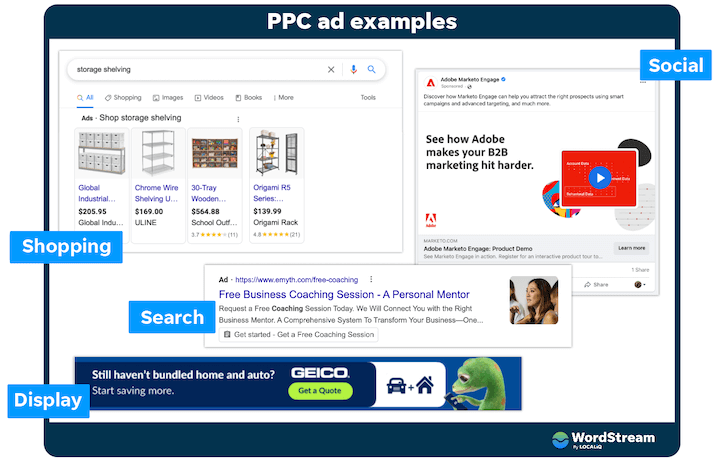
What is PPC Advertising in Digital Marketing?
Welcome to the world of PPC advertising in digital marketing! In this article, we will explore the ins and outs of PPC advertising and how it plays a crucial role in online marketing campaigns. PPC, or Pay-Per-Click, is a model of internet advertising in which advertisers pay a fee each time one of their ads is clicked. It is a highly effective way to drive traffic to websites and generate leads. So let’s dive deeper into the world of PPC advertising and understand its nuances.
1. The Basics of PPC Advertising
PPC advertising is all about strategically placing ads on search engines like Google, Bing, or social media platforms like Facebook, Instagram, Twitter, and LinkedIn. When users search for specific keywords related to an advertiser’s product or service, the ads are displayed alongside the search results or on relevant websites. The key distinction of PPC advertising is that advertisers only pay when a user clicks on their ad, hence the name “pay-per-click.”
The success of a PPC campaign depends on thorough keyword research, compelling ad copy, and effective bid management. Advertisers bid on specific keywords, and whenever a user enters those keywords in a search query, an auction is triggered. The highest bidder typically wins the top ad positions, but factors such as ad relevance and quality score also come into play. This ensures that ads are shown to users who are more likely to be interested in the advertised product or service.
Benefits of PPC Advertising
– Instant visibility: Unlike organic search results, PPC ads provide immediate visibility and can drive traffic to your website within minutes of launching a campaign.
– Targeted reach: PPC advertising allows you to target specific audience segments based on factors like location, demographics, interests, and search behavior, maximizing the effectiveness of your ad spend.
– Measurable results: With PPC advertising, you can track and measure every aspect of your campaign, from the number of clicks and impressions to conversions and return on investment (ROI).
– Budget control: PPC campaigns offer complete control over your budget. You can set daily or monthly caps, adjust bids, and pause or stop campaigns as needed, allowing for flexibility and cost-effectiveness.
2. Effective PPC Advertising Strategies
Now that you understand the basics of PPC advertising, let’s delve into some effective strategies to make the most of your campaigns.
Setting Clear Goals:
Before diving into PPC advertising, it’s essential to define your goals. Whether it’s driving website traffic, generating leads, increasing sales, or building brand awareness, having specific objectives will guide your campaign structure and optimization efforts.
Keyword Research:
Keyword research is the backbone of any successful PPC campaign. Identify relevant keywords that your target audience is searching for and incorporate them into your ad campaigns. Use keyword research tools like Google Ads Keyword Planner, SEMrush, or Moz Keyword Explorer to discover high-potential keywords with a balance of search volume and competition.
Compelling Ad Copy:
Crafting compelling ad copy is crucial for capturing user attention and driving engagement. Use attention-grabbing headlines, clear and concise messaging, and persuasive calls-to-action (CTAs) to entice users to click on your ads. Incorporate relevant keywords into your ad copy to improve ad relevance and quality score.
Landing Page Optimization:
A compelling ad is only half the battle; a well-optimized landing page is equally important. Ensure that your landing pages align with the messaging in your ads and provide a seamless user experience. Optimize landing page elements such as headlines, subheadings, content, visuals, forms, and CTAs to maximize conversions.
Continuous Monitoring and Optimization:
PPC campaigns require continuous monitoring to ensure optimal performance. Regularly review key metrics like click-through rates (CTRs), conversion rates, cost per click (CPC), and return on ad spend (ROAS). Test different ad variations, adjust bids, refine keywords, and make data-driven optimizations to improve campaign effectiveness.
Competitor Analysis:
Keep a close eye on your competitors’ PPC strategies to gain insights and stay ahead of the game. Analyze their ad copy, keywords, ad extensions, and landing pages to identify opportunities for improvement or differentiation.
Remarketing:
Make the most out of the users who have engaged with your brand by implementing remarketing campaigns. Show tailored ads to users who have visited your website or interacted with your brand before, increasing the likelihood of conversion.
3. Advanced PPC Advertising Tactics to Consider
To further enhance the performance of your PPC advertising campaigns, consider incorporating these advanced tactics:
Ad Extensions:
Utilize ad extensions to provide additional information and increase the visibility and click-through rates of your ads. Extensions like sitelinks, callouts, structured snippets, and call extensions enhance ad relevance and create a better user experience.
Dynamic Search Ads:
Dynamic search ads automatically generate ad headlines and landing page URLs based on the content of your website. They help expand your keyword coverage and target a wider range of search queries, saving time and effort on manual keyword management.
Ad Scheduling:
Take advantage of ad scheduling to display your ads at specific times of the day or days of the week when your target audience is most active or inclined to convert. This ensures that your budget is allocated more efficiently and increases the probability of reaching interested users.
Mobile Optimization:
Given the rise in mobile usage, it’s crucial to optimize your PPC campaigns for mobile devices. Create mobile-friendly landing pages, utilize mobile-specific ad formats, and leverage mobile bid adjustments to reach users on the go.
Display Network Advertising:
Expand your reach beyond search engines by utilizing the display network. Display ads can be shown on millions of websites across the internet, allowing you to target specific audience demographics and interests to increase brand exposure.
Video Advertising:
Utilize video ads on platforms like YouTube to engage audiences visually. Video ads have proven to be highly effective in capturing attention and conveying brand messages, especially for products or services with a visual element.
Conclusion
PPC advertising is a powerful tool in the world of digital marketing. It provides businesses with the opportunity to reach their target audience effectively, drive traffic to their websites, generate leads, and increase conversions. However, it’s essential to have a deep understanding of PPC advertising strategies, continuously monitor and optimize campaigns, and stay up-to-date with the latest industry trends. By implementing the right strategies and tactics, you can maximize the success of your PPC campaigns and achieve your marketing goals. So, dive into the world of PPC advertising and let your brand soar to new heights!
Key Takeaways: What is PPC Advertising in Digital Marketing?
- PPC advertising stands for Pay-Per-Click advertising.
- It is a type of online advertising where advertisers pay a fee each time their ad is clicked.
- PPC ads can be seen on search engine results pages, websites, and social media platforms.
- It is an effective way to drive targeted traffic to a website and generate leads.
- PPC campaigns require careful keyword research and management to be successful.
Frequently Asked Questions
Welcome to our Frequently Asked Questions section on PPC advertising in digital marketing! Here, we’ll answer some common queries related to this topic and provide you with valuable insights. Read on to find out more!
Q1: How does PPC advertising work?
PPC, or pay-per-click, advertising is a model where advertisers pay a fee each time one of their ads is clicked. These ads are typically displayed on search engine results pages or websites. When a user searches for a specific keyword, the search engine displays relevant ads, and the advertiser competes in an auction for ad placement.
The position of the ad is determined by several factors, such as bid amount, ad quality, and relevance to the user’s search query. Advertisers only pay when their ad is clicked, making PPC advertising a cost-effective method to attract targeted traffic to their websites.
Q2: What are the main benefits of PPC advertising?
PPC advertising offers several benefits for businesses. Firstly, it provides instant visibility on search engines, allowing businesses to reach their target audience immediately. Additionally, advertisers have control over their budgets, setting a maximum amount they are willing to spend on a daily or monthly basis.
Furthermore, PPC advertising allows for precise targeting, enabling businesses to display their ads to specific locations, demographics, or even devices. This level of customization ensures that the marketing budget is spent on reaching potential customers who are most likely to be interested in the products or services being offered.
Q3: How can I create an effective PPC advertising campaign?
An effective PPC advertising campaign starts with thorough keyword research to identify the search terms that are both relevant to your business and have a high search volume. Once you have a list of keywords, organize them into ad groups based on their relevance to different products or services.
Next, create compelling ad copy that includes the keywords and encourages users to click on your ads. Don’t forget to include a strong call-to-action to prompt the desired action from the user. Set up conversion tracking to measure the success of your campaign and optimize it based on the data gathered. Regularly monitor and adjust your bids, ad copy, and targeting settings to maximize the effectiveness of your PPC advertising campaign.
Q4: Are there any potential challenges with PPC advertising?
While PPC advertising has numerous benefits, it also presents some challenges. One common challenge is the competition for ad placement, particularly for popular keywords. This can drive up the cost-per-click and make it more difficult for smaller businesses to achieve top ad positions. Proper budget management and keyword selection can help mitigate this issue.
Another challenge is optimizing the campaign to achieve a high click-through rate and conversion rate. Finding the right balance between bid amount, ad quality, targeting settings, and landing page experience requires expertise and continuous monitoring. However, with practice and analysis of campaign data, these challenges can be overcome.
Q5: How can PPC advertising complement other digital marketing strategies?
PPC advertising can complement other digital marketing strategies by providing immediate visibility while waiting for organic search engine optimization efforts to generate results. It can also be used to target specific segments of your audience that may not be reached through other channels.
Furthermore, data gathered from PPC campaigns, such as the effectiveness of certain keywords or ad copy, can inform and improve other marketing initiatives, such as content creation or email marketing. By integrating PPC advertising into a broader digital marketing strategy, businesses can create a more comprehensive and effective approach to reaching and engaging their target audience.
What is Pay Per Click PPC Marketing in 2 minutes.
Summary
PPC advertising in digital marketing is a way to promote products or services online. It involves paying for clicks on ads that appear on search engine results or websites. With PPC, businesses can reach their target audience and only pay when someone actually clicks on their ad. It helps increase brand visibility, drive traffic to websites, and generate leads or sales. However, it’s important for businesses to carefully plan and optimize their PPC campaigns to get the best results. This includes conducting keyword research, creating compelling ad copy, and monitoring performance to make improvements. PPC advertising can be an effective tool in the digital marketing toolbox for businesses looking to grow online.
Overall, PPC advertising is a strategy that can be used to get more people to notice and click on your business’s ads online. By using paid search ads, businesses can reach their target audience, increase website traffic, and potentially drive sales. However, it’s essential to approach PPC advertising with a well-thought-out plan and continuously monitor performance to ensure it is delivering the desired results. With this knowledge, businesses can make informed decisions and use PPC advertising effectively as part of their digital marketing strategy.
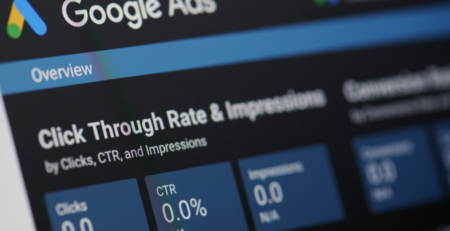
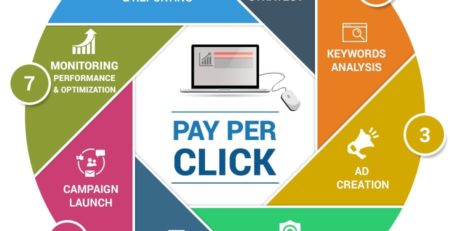
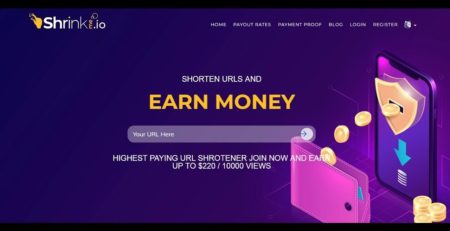
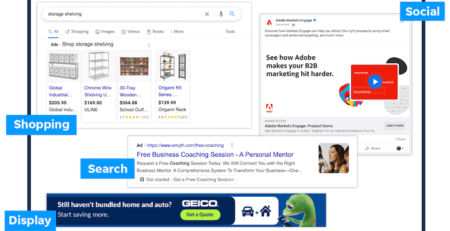
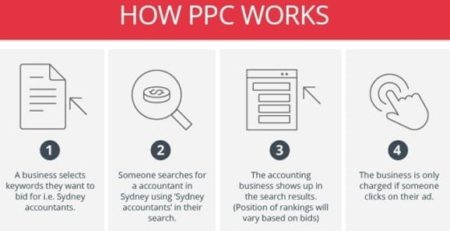
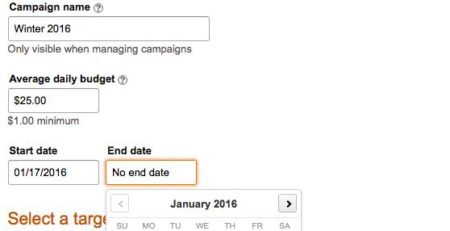
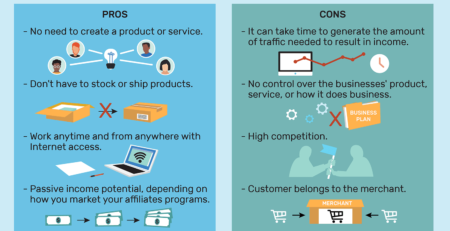

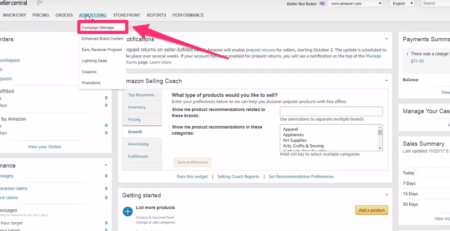
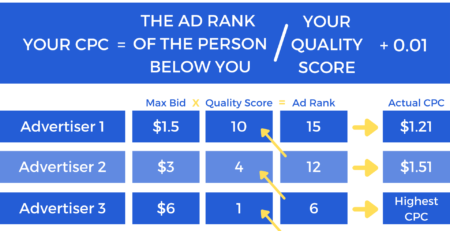
Leave a Reply